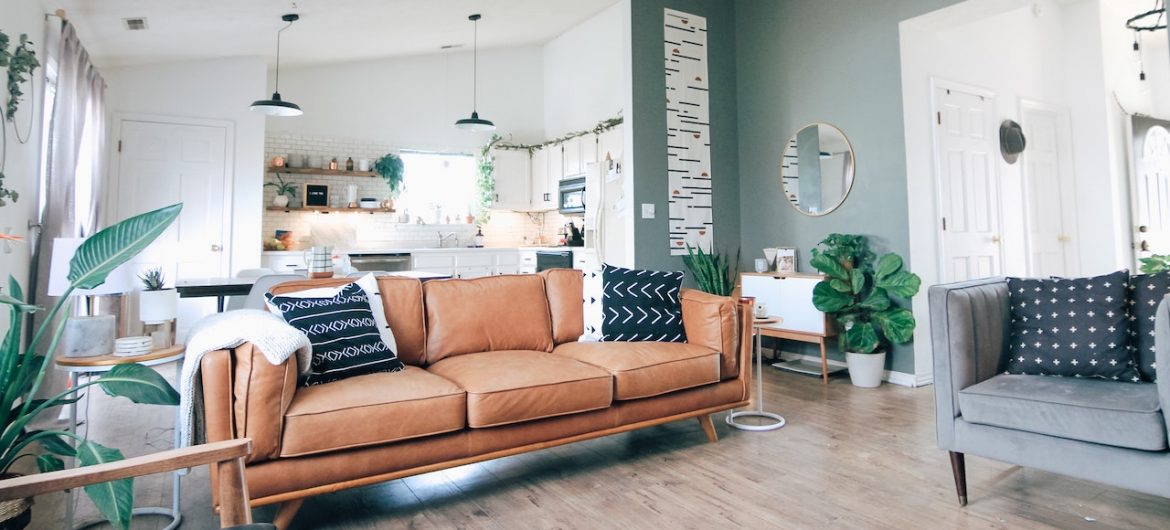The coronavirus has devastated Airbnb hosts over the last few months as consumers sheltered in place and avoided traveling. The virus’ impact has ebbed recently across much of the world for the time being, and the short-term rental industry has started to rebound.
The reasons for this rebound are generally similar across the globe. Overall, the global short-term rental rebound can be linked to the lifting of stay-at-home orders and financial uncertainties.
Rebound Linked to Lifting Shelter-At-Home Orders
Airbnb hosts around the world couldn’t book guests as governments put shelter-in-place orders in effect. Bookings have rebounded in areas where the orders have started to lift.
In Australia, occupancy rates over the last three months are down 33.6% when compared to last year. However, things are starting to change. Overall, Australian bookings are up 1.3% over last week, with some disparity depending on how recently a state has reopened.
Areas that opened earlier are seeing a greater growth in short-term rental bookings. Western Australia’s bookings increased by 8.4% when compared to last week, while bookings in the Northern Territory have grown by 5.1%.
These numbers are much better than areas where restrictions have only started to lift. Bookings in New South Wales, which has only just started to reopen, is down 1% when compared to the previous week.
Airbnb Rebounds in the United States
A similar story is playing out in the United States.
Georgia’s Airbnb bookings are up 22.3% in the last 30 days, while Texas’ bookings are up 27.5% and Arizona’s are up 29.7% in the same period. When looking at a longer timeframe, bookings are down year-over-year — Georgia is down 19.7% when compared to last year, while Texas is down 32.3% and Arizona is down 13.6%.
Areas that have been slower to lift lockdown orders have also experienced a slower rebound for Airbnb stays. California, Florida and New York — states that have only just now started to reopen, are home to 36% of the country’s Airbnb listings, but they are returning at a slower rate.
One caveat is that guests are more likely to visit areas within driving distance of their home — a fact that companies like Vrbo have used to guide changes on their platform. Hawaii, a state that can only be reached by plane, is down 46.1% when compared to last year.
Financial Unvertainties Has Created Demand for Airbnb
While changes in governmental rules are impacting the platform, economic uncertainties are contributing to upticks in Airbnb bookings.
Economic hardship has pushed some people to change their living situation, potentially dropping expensive leases, moving in with parents, or finding temporary living situations through Airbnb. This means that some hosts are preparing their properties for longer stays, and they’re appreciating an increase in revenue.
While Airbnb hosts benefit from providing temporary living options for those economically impacted by the pandemic, the easing of travel restrictions is key to recovery. This early rebound in Airbnb demand is largely driven by a spike in domestic travel which offset continued weakness in international travel. People are wary of traveling internationally.





